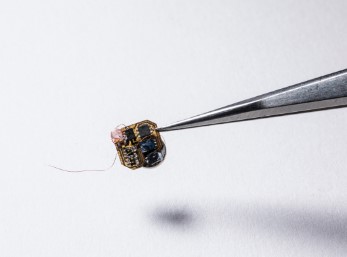- Restoring and protecting one million acres of pollinator habitat across Ontario,
- Collecting data to monitor managed honey bee colonies and wild pollinators,
- Collecting data to track neonicotinoid levels,
- And launching a special research call ($1 million) to fund new research addressing key knowledge gaps related to pollinator health.

“The Pollinator Health Action Plan is part of our government’s plan to ensure a sustainable local food supply, resilient natural habitats and a strong economy,” Ontario Minister of Agriculture Jeff Leal said in a release. “Our plan builds on changes already being made by the agriculture sector to support pollinator health.”
Those changes include Ontario becoming the first area in North America intending to reduce the number of corn and soybean acres planted with neonicotinoid-treated seeds by 80 per cent by 2017.
“Pollinators, including honey bees, are in decline,” Glen Murray, Ontario Minister of the Environment and Climate Change, said in the release. “Ontario is committed to reversing this trend. While we have made strides by restricting the use of neonicotinoids harmful to bees and other beneficial insects, we all still have more to do to protect pollinators.”